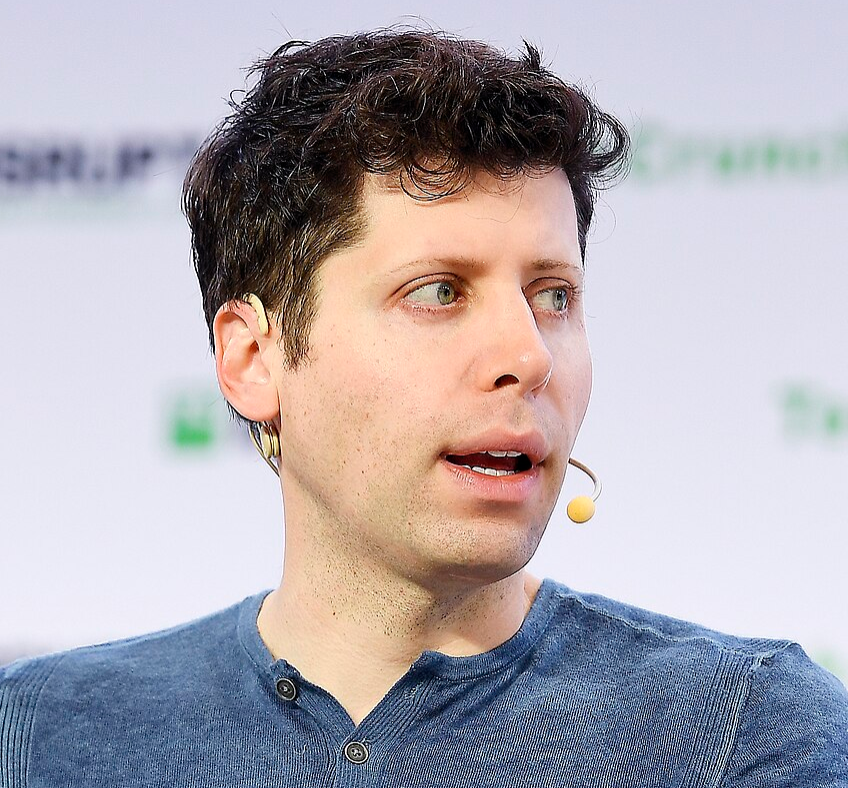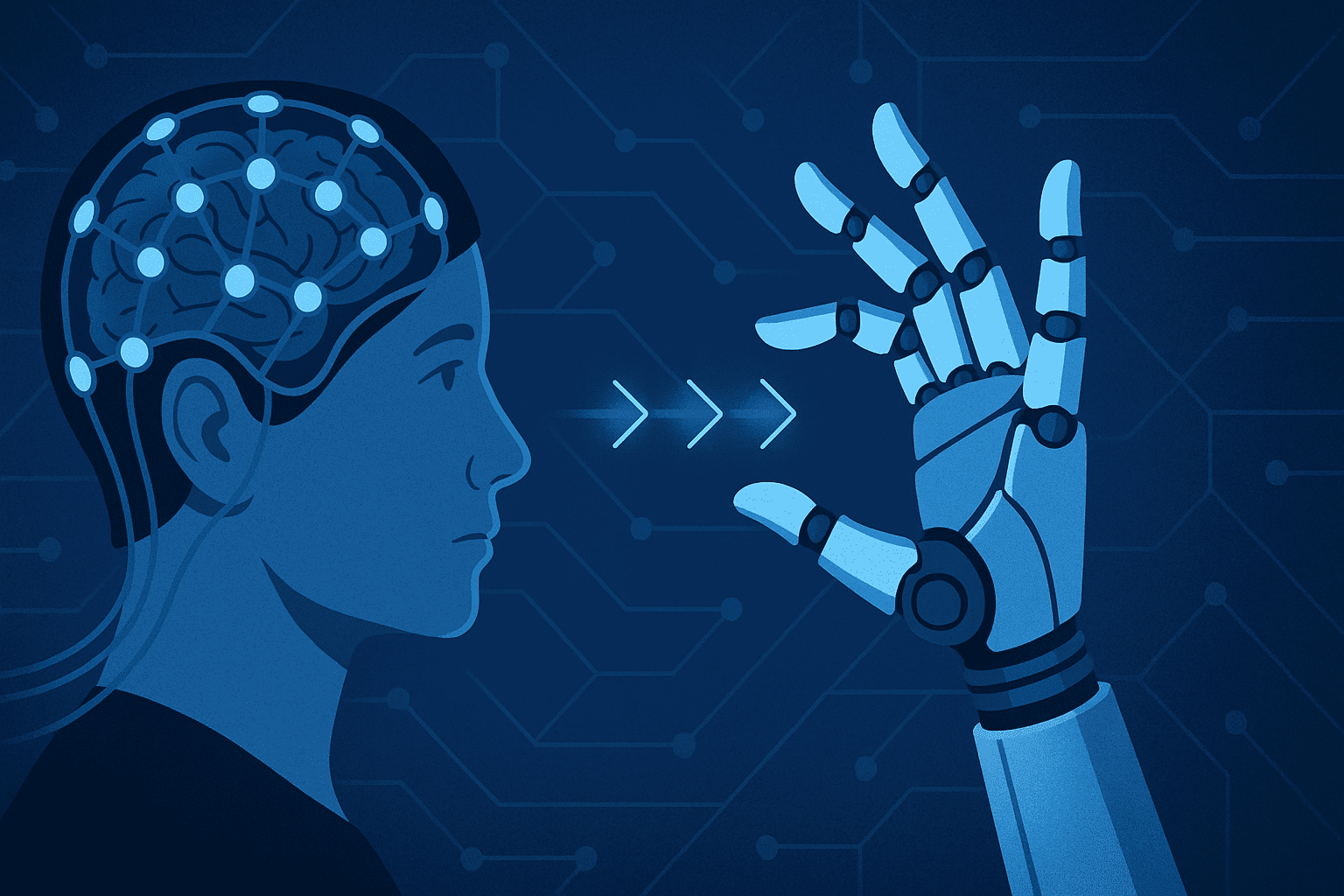Altman, earlier this year, spoke about some essential issues concerning the development and use of AI: governance, equity and transformational potential in scientific discoveries, among others. The discussion at Harvard University was moderated by Debora Spar, HBS senior associate dean for Business and Global Society. The discussion revealed Altman’s vision about AI and the challenges his organization is facing in trying to shape what the place of AI will be within society.
On being asked about the shift of OpenAI from a nonprofit to a for-profit entity, Altman explained the reasoning behind it: “The reason we are doing that is because in order to really be at the leading edge of AGI research, you are going to need massive amounts of capital.”
“We needed vastly more capital than we thought we could attract as a nonprofit,” Altman said, before he added that while governments could theoretically undertake similar initiatives, “in a well-functioning society, this would be a government project,” acknowledging the challenges of public sector involvement.
Altman stressed the importance of a balanced approach to AI regulation, describing it as a “multi-party negotiation” involving governments, industry, and society. He likened the regulatory framework for AI to aviation safety, emphasizing that collaboration between stakeholders can lead to both innovation and safety.
“Too much regulation clearly slows innovation, but not enough leads to a whole set of other problems,” he stated.
Altman expressed optimism about partnerships between the private sector and government, calling for a “real partnership” to address ethical concerns and ensure equitable benefits. He underscored that regulation must evolve with the technology, stating: “We get this right over time by identifying problems and fixing them.”
Altman shared his enthusiasm for AI’s role in accelerating scientific advancements, particularly in physics.
“Personally, I think greatly increasing the rate of scientific discovery is what I’m most excited about,” he said. He noted that understanding physics could unlock profound capabilities to manipulate the universe, calling it “probably important to find out.”
While discussing the implications for scientists, Altman remained optimistic, suggesting that solving existing questions would lead to “more and harder and more interesting problems.”
On the future of human relationships with AI, Altman acknowledged the potential for emotional connections with AI entities but predicted that authentic human interaction would remain paramount.
“There’s something deep about human nature where just the knowledge that it’s another real person or not really matters,” he remarked. He anticipated that AI would reshape entertainment and companionship but doubted it would replace the intrinsic value of human relationships.
Altman proposed a novel approach to AI governance, suggesting that AI systems could collect and align with the values of billions of users to build a consensus-driven governance model. He asserted: “The people impacted by technology the most deserve the loudest say in its governance.” However, he also recognized the complexity of such a system and the need for power checks.
As OpenAI continues to lead in AI innovation, Altman’s vision reflects a commitment to advancing technology responsibly while fostering societal benefits. His focus on collaboration, regulation and ethical alignment underscores the challenges and opportunities of the AI era.
Featured image: Credit: TechCrunch Disrupt San Francisco 2019 — Day 2AuthorTechCrunch. Wikipedia






